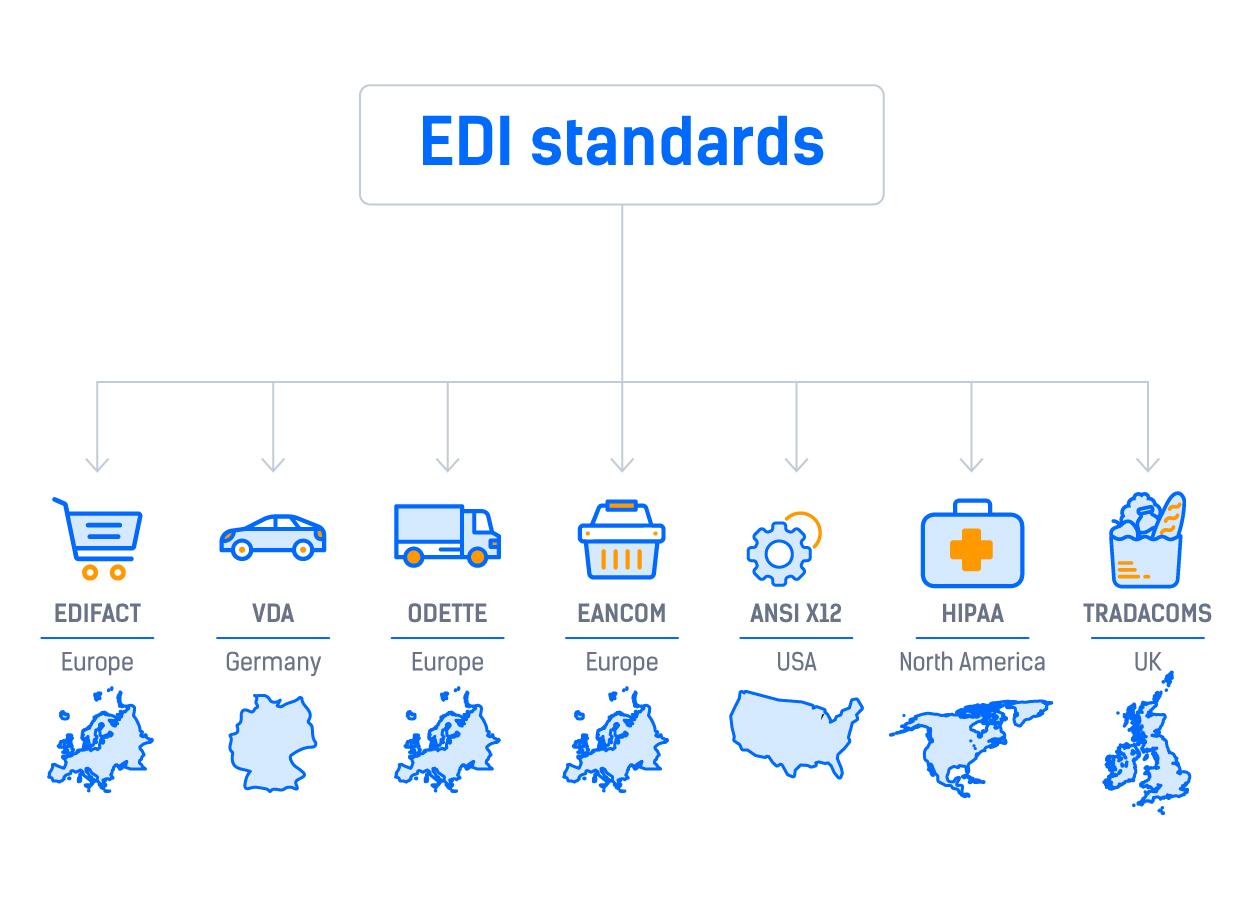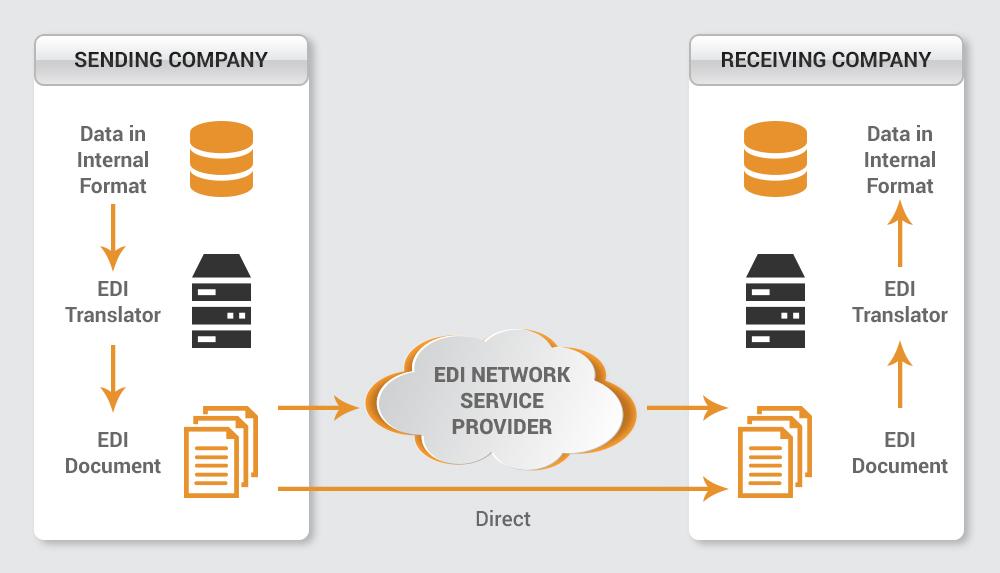In the ever-evolving world of logistics, transport, and shipping, streamlining processes and ensuring seamless communication is essential. Enter Electronic Data Interchange (EDI) standards, the unsung heroes behind the scenes that keep the gears of the industry turning smoothly. Let’s take a closer look at how these standards are revolutionizing the way information is exchanged in the world of logistics, transport, and shipping.
Understanding the Importance of EDI Standards in Logistics
Electronic Data Interchange (EDI) standards play a crucial role in the logistics industry, particularly in transport and shipping. These standards provide a common language for different systems to communicate and exchange data seamlessly. By adhering to EDI standards, companies can streamline their operations, improve efficiency, and reduce errors in the supply chain.
EDI standards also enable real-time tracking of shipments, enhancing visibility and transparency for all parties involved. With standardized formats for documents such as invoices, purchase orders, and shipping notices, logistics processes become more automated and streamlined. This not only saves time and reduces costs but also improves overall customer satisfaction.

Streamlining Transport Operations with EDI
In today’s fast-paced world, efficiency is key when it comes to managing transport operations. One effective way to streamline and optimize processes is through the use of Electronic Data Interchange (EDI) standards. By implementing EDI in logistics, transport, and shipping, companies can achieve seamless communication, accurate data exchange, and improved productivity.
With EDI standards, companies can automate various tasks such as order processing, shipment tracking, and invoicing, reducing manual errors and saving valuable time. By establishing standardized data formats and protocols, organizations can enhance collaboration with trading partners, ensure compliance with industry regulations, and ultimately, enhance the overall efficiency of their transport operations.

Enhancing Shipping Efficiency through EDI Implementation
is crucial in today’s fast-paced logistics industry. By adopting Electronic Data Interchange (EDI) standards, companies can streamline their processes, reduce manual errors, and improve overall supply chain visibility. EDI enables seamless communication between different stakeholders in the shipping process, such as manufacturers, warehouses, carriers, and retailers.
With EDI, logistics companies can automate various tasks like order processing, shipment tracking, invoicing, and inventory management. This leads to faster delivery times, lower operational costs, and better customer satisfaction. By adhering to EDI standards, transport and shipping companies can stay ahead of the competition and meet the increasing demands of the market.

Integrating EDI into Logistics for Seamless Supply Chain Management
Implementing Electronic Data Interchange (EDI) standards in logistics can significantly streamline supply chain management processes. By integrating EDI into logistics operations, companies can achieve real-time visibility into their supply chain, improve communication with trading partners, and enhance overall efficiency. EDI can automate manual tasks, reduce errors, and eliminate the need for paper-based documentation, resulting in faster processing times and cost savings.
With EDI standards in place, logistics companies can seamlessly exchange transactional data with carriers, suppliers, and other stakeholders. This standardized approach ensures data accuracy, consistency, and security throughout the supply chain. By leveraging EDI for logistics, organizations can optimize inventory management, track shipments in transit, and improve customer satisfaction. Ultimately, integrating EDI into logistics is essential for achieving a competitive advantage in today’s fast-paced and interconnected business environment.
Insights and Conclusions
As we navigate the complex world of logistics, transport, and shipping, EDI standards continue to serve as a crucial tool in streamlining processes and enhancing efficiency. By adhering to these standards, businesses can ensure seamless communication and collaboration across the supply chain. From electronic data interchange to information sharing, EDI standards pave the way for a more connected and dynamic industry. Embracing these standards is not just a choice, but a necessity for those striving to stay ahead in the fast-paced world of logistics. Join us in embracing the power of EDI standards and revolutionize the way we move goods and products across the globe.
